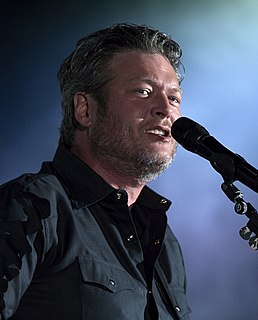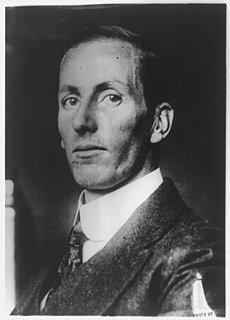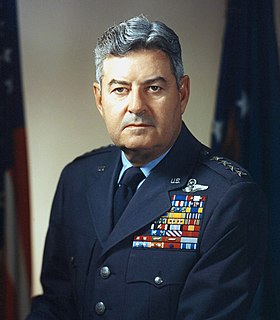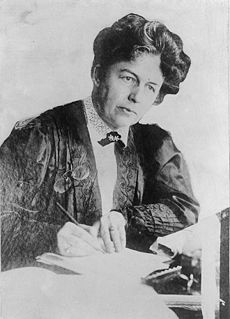A Quote by Chang-Rae Lee
I'd always wanted to write something about the Korean War because of my heritage. My father lost his brother during the war, and I fictionalized that episode, which was told to me very briefly without much detail.
Related Quotes
With a book called 'Keeping Score,' I really did want to write a book about the Korean War, because I felt that it is the least understood war in the American cultural imagination. So I set out with the idea that Americans didn't know much about the Korean War and that I was going to try to fix a tiny bit of that.
One of the reasons it's important for me to write about war is I really think that the concept of war, the specifics of war, the nature of war, the ethical ambiguities of war, are introduced too late to children. I think they can hear them, understand them, know about them, at a much younger age without being scared to death by the stories.
When I grew up, in Taiwan, the Korean War was seen as a good war, where America protected Asia. It was sort of an extension of World War II. And it was, of course, the peak of the Cold War. People in Taiwan were generally proAmerican. The Korean War made Japan. And then the Vietnam War made Taiwan. There is some truth to that.
"What war?" said the Prime Minister sharply. "No one has said anything to me about a war. I really think I should have been told. I'll be damned," he said defiantly, "if they shall have a war without consulting me. What's a cabinet for, if there's not more mutual confidence than that? What do they want a war for anyway?"
I always knew about as a kid, knew that that particular injury at [my grandfather's] finger had been caused in that disaster that killed his brother-in-law, my grandmother's brother. And he never talked about his own brother's death to me. My mother told me about that and told me about the impact on her family. And that's part of what you hear in the first verse of "Miner's Prayer."
My opposition to war was not because of the horrors of war, not because war demands that the race offer up its very best in their full vigor, not because war means economic bankruptcy, domination of races by famine and disease, but because war is so completely ineffective, so stupid. It settles nothing.






































